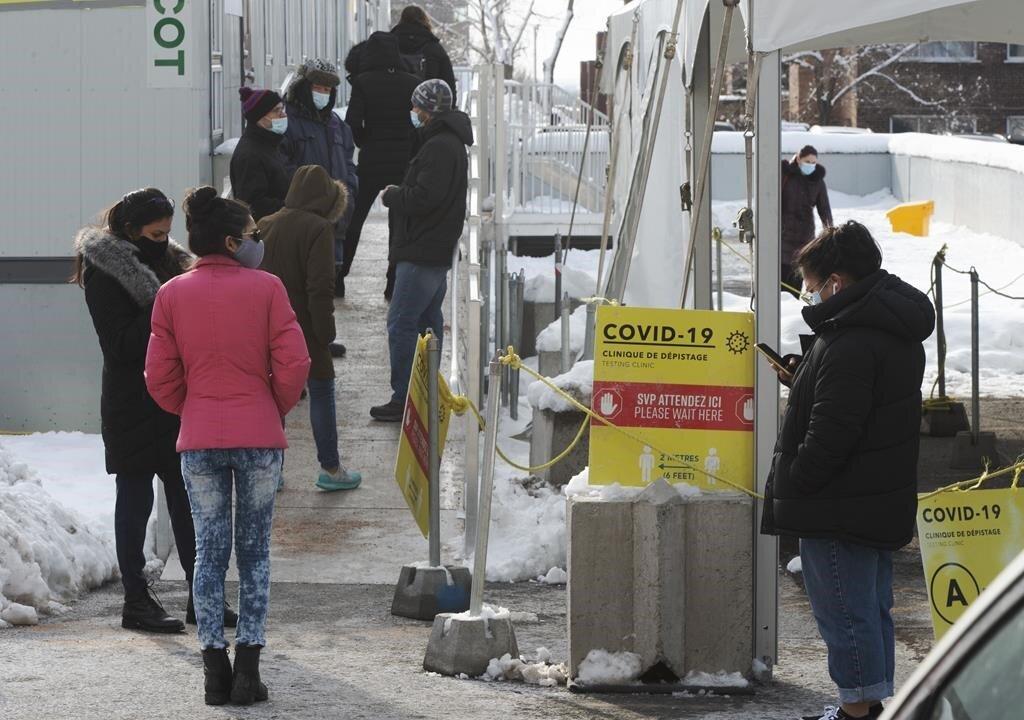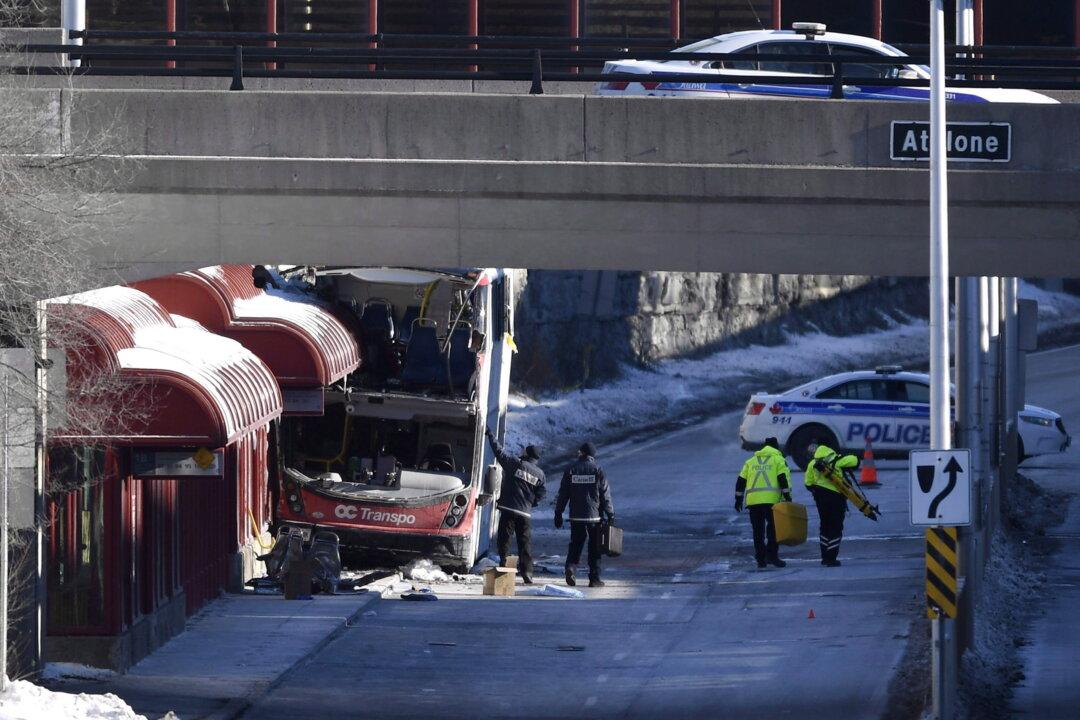TORONTO—Amid concerns about the emergence of variant strains, new COVID-19 infections maintained a downward trend in Canada’s two most populous provinces on Wednesday, although authorities reported more than 100 new deaths from the disease.
Ontario recorded another 49 deaths even as its daily case count continued an ongoing decline, with 1,670 new cases recorded. Quebec, which saw 53 more COVID-19-related deaths, reported 1,328 new cases.





